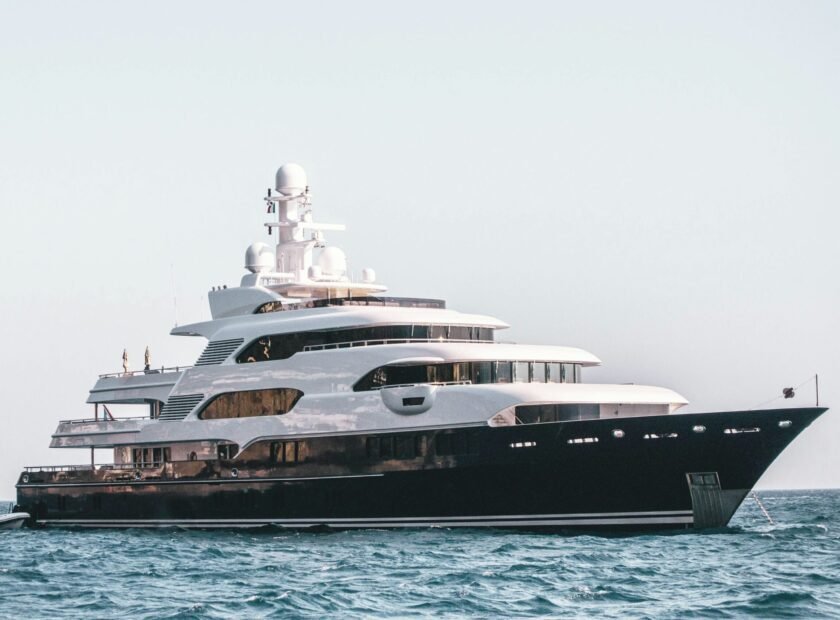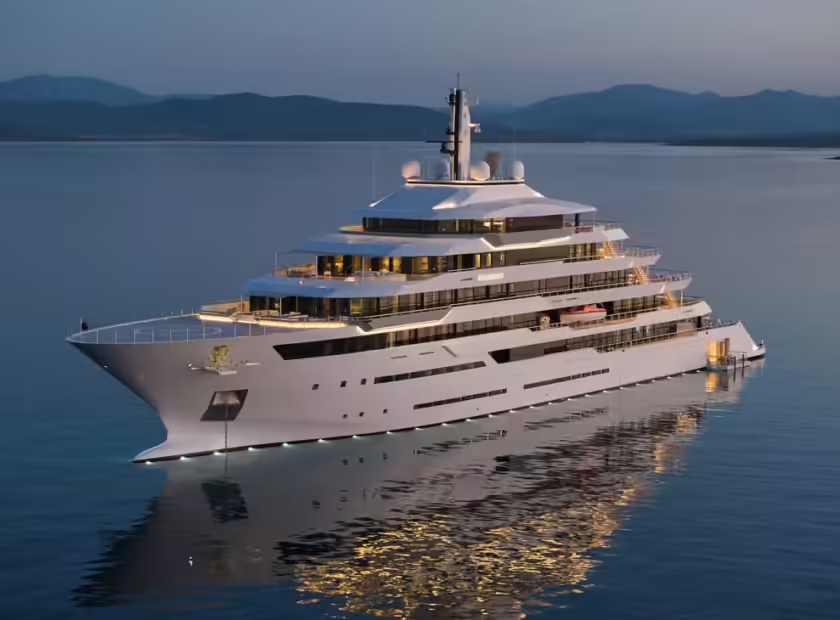Factors to Consider When Purchasing a Mega Yacht: A Comprehensive Guide
Purchasing a mega yacht is not only an investment but also a symbol of luxury and prestige. However, this significant investment comes with many details and considerations. This comprehensive guide will discuss the most important points to consider when purchasing a mega yacht.
Budget and Investment Goals
Set a clear budget: Mega yachts have a wide price range, depending on customization options. Setting your budget will help you narrow down your choices.
Define your investment goal: Whether you are purchasing a yacht for personal use or as an investment, it is an important factor in your yacht selection. For investment purposes, you should consider the future resale value and rental potential.
Yacht Type and Size
Yacht type suitable for the purpose: Do you need a sporty yacht, a luxury yacht, or a research vessel? You can choose yachts with different features according to your purpose.
Size: The size of mega yachts depends on factors such as your purpose, marina capacity, and cruising areas.
Hull material: Research the advantages and disadvantages of different hull materials such as aluminum, steel, or composite.
Age and Condition of the Yacht
New or used: New yachts have a warranty and customization options, while used yachts are generally more affordable.
Maintenance condition: Carefully examine the yacht’s maintenance records. Regular maintenance will extend the life of the yacht and prevent potential problems.
Professional inspection: Getting a detailed report about the yacht from a marine expert will help you identify potential problems.
Equipment and Systems
Engines: Evaluate factors such as engine power, fuel consumption, and maintenance costs.
Electronic systems: State-of-the-art navigation, communication, and entertainment systems enhance cruising comfort.
Watersports equipment: Having equipment for water sports such as jet skis and diving equipment makes your yacht more useful.
Personnel and Operating Costs
Crew: Depending on the size and features of the yacht, a certain number of crew members are required. Include salaries, insurance, and other expenses in your budget.
Maintenance and repair: It is important to allocate a budget for periodic maintenance, emergencies, and potential breakdowns.
Fuel and marina fees: Calculate fuel and marina fees, which vary depending on cruising areas, yacht size, and frequency of use.
Taxes and Insurance
Sales tax: Research the sales tax regulations of your country and the country where the yacht is registered.
Registration fees: Learn about the fees required for yacht registration.
Insurance: Evaluate different types of insurance such as hull, machinery, and third-party liability.
Legal Procedures
Flag selection: Carefully consider which country’s flag you will give to your yacht. Flag selection affects tax advantages, legal regulations, and freedom of navigation.
Lawyer: Getting legal advice from a maritime law expert will help you prevent potential problems.
Marinas and Cruising Routes
Marina facilities: Research the security, maintenance services, and social facilities of the marina where you will moor your yacht.
Cruising routes: Plan in advance for weather conditions, marine traffic, and port facilities in the areas you want to cruise.



